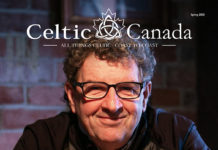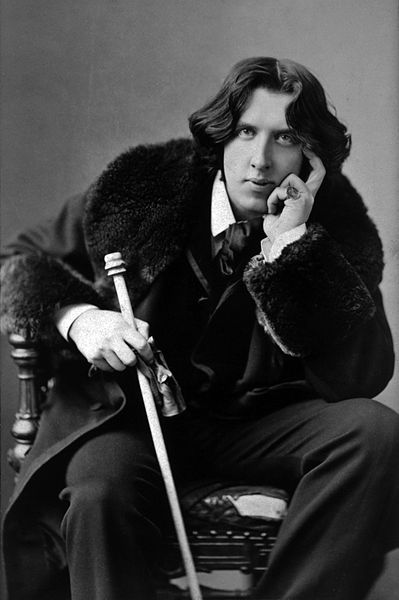Oscar Wilde was born in Westland Row, Dublin on October 16th, 1854 to an eminent surgeon, William Wilde and the famous nationalist poet, Lady Jane Wilde, known as Speranza (her Selected Poems were published in Dublin in 1900). He settled in London in 1879. In 1882 he embarked on a lecture tour of the United States, where he famously declared on his arrival that he had nothing to declare but his genius. In 1883 he visited Paris, where among others he met de Goncourt, Daudet, and Hugo. His play Vera was produced in New York the same year. In 1884, Wilde married Constance Lloyd, the daughter of a wealthy Dublin barrister, by whom he had two sons in 1885 and 1886.
His plays include Lady Windermere’s Fan (London, St James’ Theatre, 20th February, 1892, published November 9, 1893); A Woman of No Importance, produced by Beerbohm Tree (London, The Haymarket Theatre, 19th April 1893); An Ideal Husband (London, The Theatre Royal, Haymarket, January 3rd, 1895, published, July, 1899); The Importance of Being Earnest produced by George Alexander (St James’s Theatre, February 14, 1895, published February 1899); and Salomé (produced by and starring Sarah Bernhardt (Paris, Thèâtre de L’oeuvre, February 11, 1896). Sarah Bernhardt had orginally rehearsed Salomé in June of 1892 for production at the Palace Theatre, London, but the Lord Chamberlain had refused a licence on the grounds that the play introduced Biblical characters. Written in French, it was subsequently published in French in Paris in 1893. The English edition, translated by Lord Alfred Douglas, with illustrations by Aubrey Beardsley, was published in 1894.
His other work includes Poems (London, Welkin Matthews, 1881); The Happy Prince and Other Tales (London, Walter Crane, 1888); The Picture of Dorian Grey (London, Lippincott’s Magazine, 1890 and in book form with additional chapters and a preface in 1891); The Soul of Man Under Socialism (London, The Fortnightly Review, February 1890 and in book form, 1895); Intentions (London, 1891/London, Methuen 1913); Lord Saville’s Crime and Other Stories (London, 1891); The House of Pomegranates (London, 1891); Poems in Prose (The Fortnightly Review, July 1894); Ballad of Reading Gaol (London, Leonard Smithers, February 13, 1899), which was written in Berneval.
His postumous publications include De Profundis (London, 1905); Collected Works (London, Metheun, 1908, 2nd edition, 1909); Essays and Lectures (London, Methuen 1913); Charmides and other poems (Methuen 1919); and The Letters of Oscar Wilde, ed. R. Hart-Davis, 1962. The suppressed part of De Profundis was published by Vyvyan Holland in 1949. The Works of Oscar Wilde, General Editor J.B.Foreman, was published by Collins (London & Glasgow, 1948).
On 27th of May 1895, Wilde was sentenced at the Old Bailey in London to two years hard labour on a charge of sodomy, arising out of his relationship with Lord Alfred Douglas, and instigated by Douglas’s father, The Marqess of Queensbury.
Wilde was declared bankrupt in July of that year, and his wife and children changed their name and went to live on the continent. His mother died while he was still in jail in 1896. He was released from Reading Gaol on the 19th of May 1897 and went into exile in Berneval, France.
Constance died in 1898.
He moved to Paris in 1898, where he lived until his death at the Hotel d’Alsace, 13 Rue des Beaux Arts. He died in the hotel on November 30th, 1900. It has recently been established that he died of complications of an ear infection, which he most probably acquired after a fall in Reading Gaol.
He is buried in Pere Lachaise Cemetary, Paris, in a tomb designed by Epstein.
“Be yourself; everyone else is already taken.”
“Always forgive your enemies; nothing annoys them so much.”
“To live is the rarest thing in the world. Most people exist, that is all.”
“I am so clever that sometimes I don’t understand a single word of what I am saying.”
“We are all in the gutter, but some of us are looking at the stars.”
“The truth is rarely pure and never simple.”
Source: Irish Writers online








































